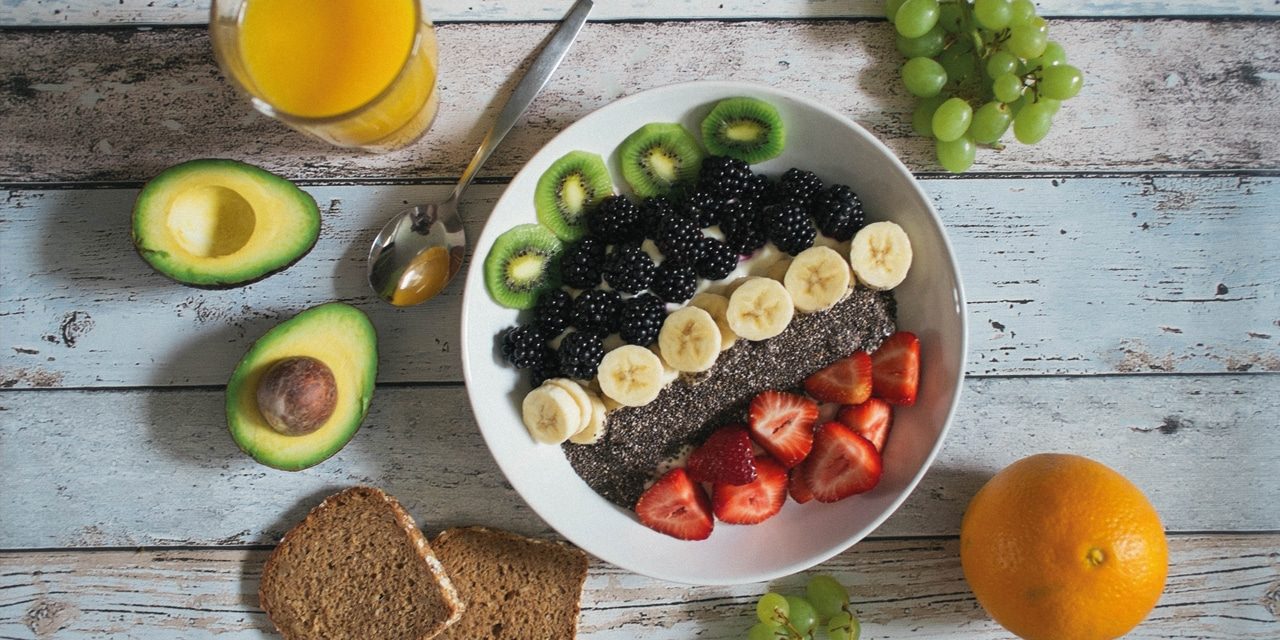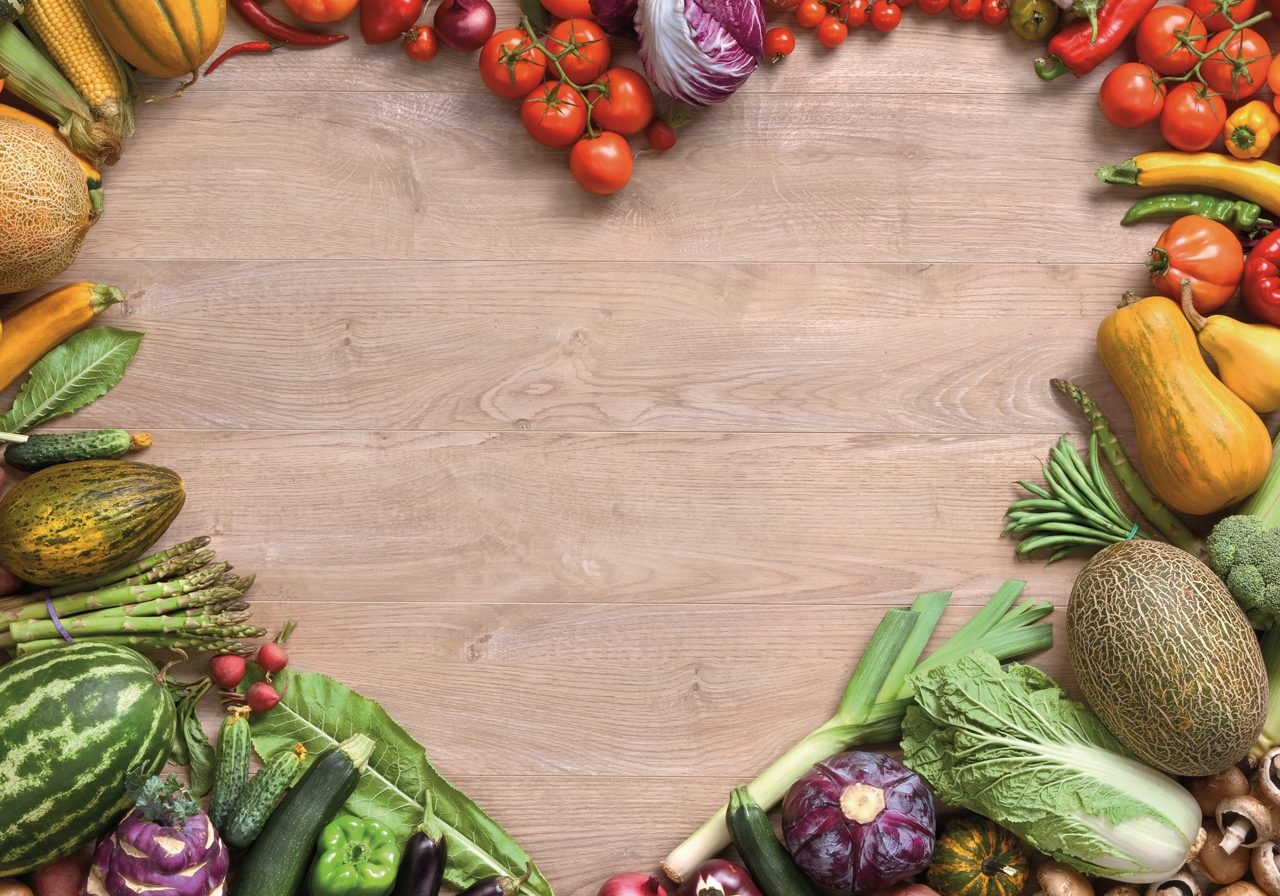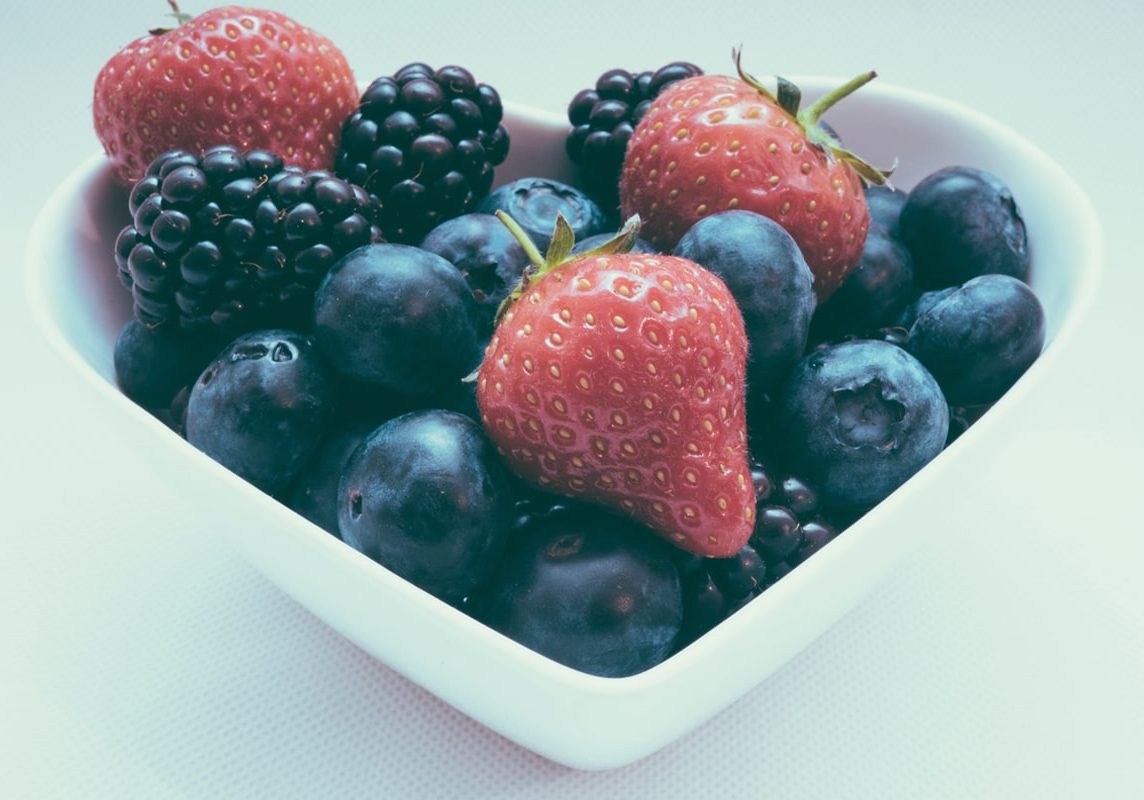
6 secrets to a healthy heart
Eating well is the secret to successful living, says nutritionist Lily Soutter. Here, she presents her top tips for a healthy heart
Our heart is the most precious organ we have and is vital to every aspect of our health. Keeping active and eating a healthy, balanced diet are essential to a healthy heart. But not everyone does. Coronary heart disease is largely preventable, yet it currently affects over 7 million people in the UK alone. In fact, over half of all adults in England have raised cholesterol levels, while one in three have high blood pressure.
It’s easy to take our heart health for granted, but by making a few simple tweaks to our diet and lifestyle we can help to protect our cardiovascular health and achieve a long and healthy life. There’s no better time to start a heart-friendly diet than right now. Here are some nutritional tips for guidance.
1. Polyphenols
Whilst all fruit and veg contains an array of polyphenols, berries are unique in that they contain a high content of the polyphenol, anthocyanin, which is thought to have heart protective effects.
Data gathered from the Nurses’ Health Study showed that women who consumed the highest amounts of blueberries and strawberries were 34% less likely to suffer from a heart attack than women who ate the least of these fruits. What’s more, a large review of intervention trials has shown that berry consumption may reduce risk factors for cardiovascular disease (CVD).
Since berries are low in calories yet rich in fibre and vitamin C, they can only be a good thing to add to your weekly shopping list!
Top sources: Blueberries, blackberries, strawberries, raspberries


2. Vitamin E
Vitamin E is a fat-soluble antioxidant, which may help to prevent the development of atherosclerosis. It protects our harmful LDL cholesterol from damage and preventing its build up within blood vessel walls. Vitamin E-rich foods can also help to minimise blood clots and may play a role in maintaining healthy blood pressure.
Top sources: Nuts, seeds, olive oil and avocado
3. High fibre foods
As a population we currently only consume a shocking average of 15-18g fibre per day, which is just about half our recommended 30g per day.
If you’re suffering with high cholesterol then soluble fibre is just too important to go amiss. This special fibre binds to ‘bad’ LDL cholesterol and bile acids in the digestive tract. This means that cholesterol is eliminated from the body rather than absorbed into the bloodstream.
We all know that wholegrains are rich in fibre, but did you know that berries such as raspberries come with a whopping 7g fibre per 100g? Get your daily fibre dose by adding raspberries to your morning porridge, smoothies, desserts or even enjoy as a tasty snack.
Top sources: Oats, oat bran, all berries (raspberries, blueberries, blackberries, strawberries), beans, lentils, psyllium and flax seeds
4. Vitamin C
We all know that fruit and vegetables are good for us, and people who have a higher intake have been shown to have higher blood levels of vitamin C, which has been associated with a reduced risk of cardiovascular disease. Vitamin C is an antioxidant nutrient, and test tube and animal studies have shown that this nutrient contributes to a reduction in the oxidation of harmful cholesterol.
It may also help to maintain healthy blood pressure. The benefits of vitamin C to a healthy heart have not been replicated with supplements, so the key takeaway here is to always eat your five a day!
While many of us think of oranges as a top source of vitamin C, fruits such as strawberries actually have a higher concentration of this crucial vitamin. In fact, just 100g strawberries provide 100% of our recommended daily intake. Strawberries are rich in fibre, yet low in calories and sugar making them a perfect snack to balance blood sugar and keep hunger at bay.
Top sources: Berries (particularly strawberries!)
5. Poly and monounsaturated fats
It may be time to put down the saturated fat-rich coconut oil and switch back to humble olive oil. A diet high in saturated and trans fats can elevate our ‘bad’ LDL cholesterol, which can increase our risk of heart disease. Replacing saturated fats with unsaturated fats can help to maintain levels of ‘good’ HDL cholesterol and decrease levels of ‘bad’ LDL-cholesterol, helping you on your way to a healthy heart.
Top sources: Olive oil, nuts, seeds and avocado
6. Herbs and spices
Did you now that the UK population is currently consuming close to 9g of salt per day when the maximum recommended intake is only 6g? There’s no doubting that excess salt within the diet can cause high blood pressure, which increases the risk of stroke. Ditch the table salt and get experimenting in the kitchen with flavoursome herbs and spices.
Top herbs & spices to try: turmeric, oregano, chilli flakes, cumin, ginger, cardamom, rosemary, thyme, parsley and dill
Lily Soutter, BSc (hons) Food & Human Nutrition, Dip NT (lilysoutternutrition.com)




